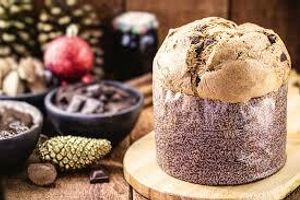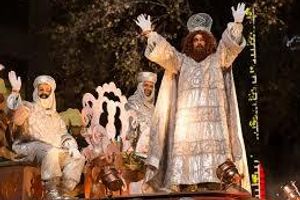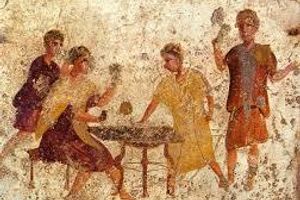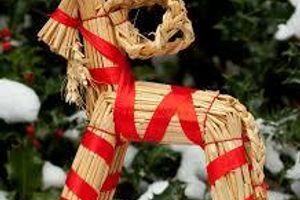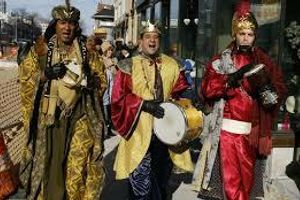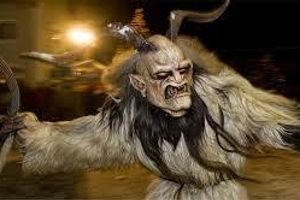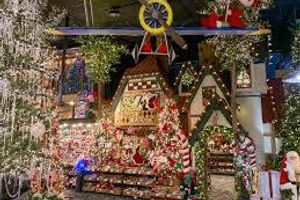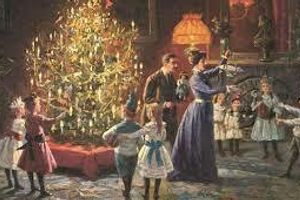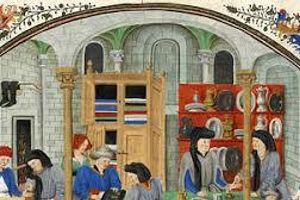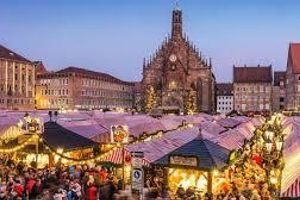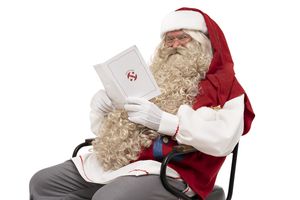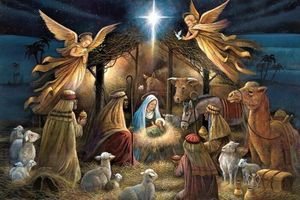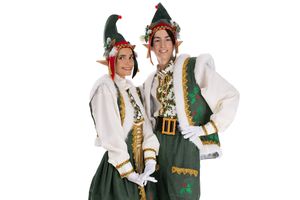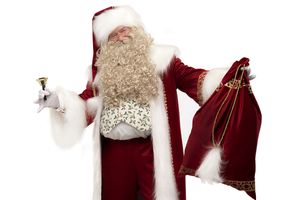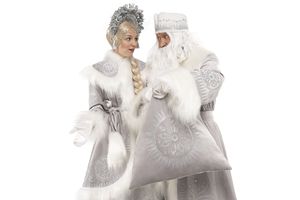New Year's Customs and Rituals in China
New Year in China, also known as the Spring Festival or Lunar New Year, is the most important and longest holiday in the Chinese calendar. It is a time when families come together to celebrate the beginning of the new year according to the lunar calendar. Each year is associated with one of the twelve zodiac animals, adding special symbolism to the celebration. In this article, we will explore the most interesting and famous New Year's customs and rituals in China.
Preparations for the New Year
Cleaning and Decorating the House
Before the New Year, the Chinese thoroughly clean their homes to get rid of anything old and bad, making way for new and good things. It is believed that cleaning helps to drive away evil spirits and brings good luck in the new year. After cleaning, homes are decorated with red decorations, which symbolize happiness and ward off evil spirits. Red lanterns, paper cutouts, and posters with New Year's wishes are particularly popular.
Festive Dinner
Family Reunion
Chinese New Year is a family holiday, so an important custom is the festive dinner with family. On this evening, known as "Reunion Dinner," all family members gather around one table, even if it means traveling long distances. The festive dinner usually includes many dishes, such as fish, dumplings, rice cakes, and other traditional foods.
Red Envelopes
Gifts for Children
One of the most famous traditions of the Chinese New Year is the giving of red envelopes, or "hongbao." Red envelopes containing money are given to children and young people as a symbol of luck and prosperity. It is believed that the red color wards off evil spirits and brings happiness. The amount of money in the envelopes should usually be an even number, as odd numbers are associated with bad luck.
Fireworks and Firecrackers
Warding Off Evil Spirits
Fireworks and firecrackers are an integral part of the Chinese New Year celebration. They have important symbolic meaning, as it is believed that the loud noises drive away evil spirits and bring good luck. Many Chinese cities hold large-scale fireworks shows that attract thousands of spectators.
Dragon and Lion Dances
Traditional Performances
One of the most vibrant and famous rituals of the Chinese New Year is the dragon and lion dances. These performances symbolize strength, wisdom, and luck. Dancers in dragon and lion costumes perform complex acrobatic movements to rhythmic music, drawing large crowds. Dragon and lion dances are an important part of New Year's parades and festive events.
Visiting Temples
Prayers and Offerings
During the Chinese New Year celebration, many people visit temples to pray and make offerings to gods and ancestors. They pray for health, prosperity, and luck in the new year. In temples, ceremonies are held where people light incense, bring food and other gifts to appease the gods and receive their blessings.
First Day of the New Year
New Clothes and Greetings
On the first day of the new year, the Chinese wear new clothes, symbolizing a new beginning and a fresh start. Red is particularly popular, as it is considered a lucky color. People visit relatives and friends, exchanging greetings and wishes for happiness, health, and success. Popular greetings include phrases like "Gong Xi Fa Cai" (wishing wealth) and "Xin Nian Kuai Le" (happy new year).
Lantern Festival
End of Celebrations
The celebration of the Chinese New Year ends with the Lantern Festival, or "Yuanxiao Jie," celebrated on the fifteenth day of the first lunar month. On this day, streets are decorated with bright lanterns of various shapes and sizes, symbolizing hope and light. People release lanterns into the sky, make wishes, and participate in various festive events.
Conclusion
New Year's customs and rituals in China are a rich kaleidoscope of traditions passed down from generation to generation. From cleaning the house to festive dinners and dragon dances, each ritual has its meaning and symbolism. These traditions make the Chinese New Year a special and unforgettable holiday that everyone should experience.















